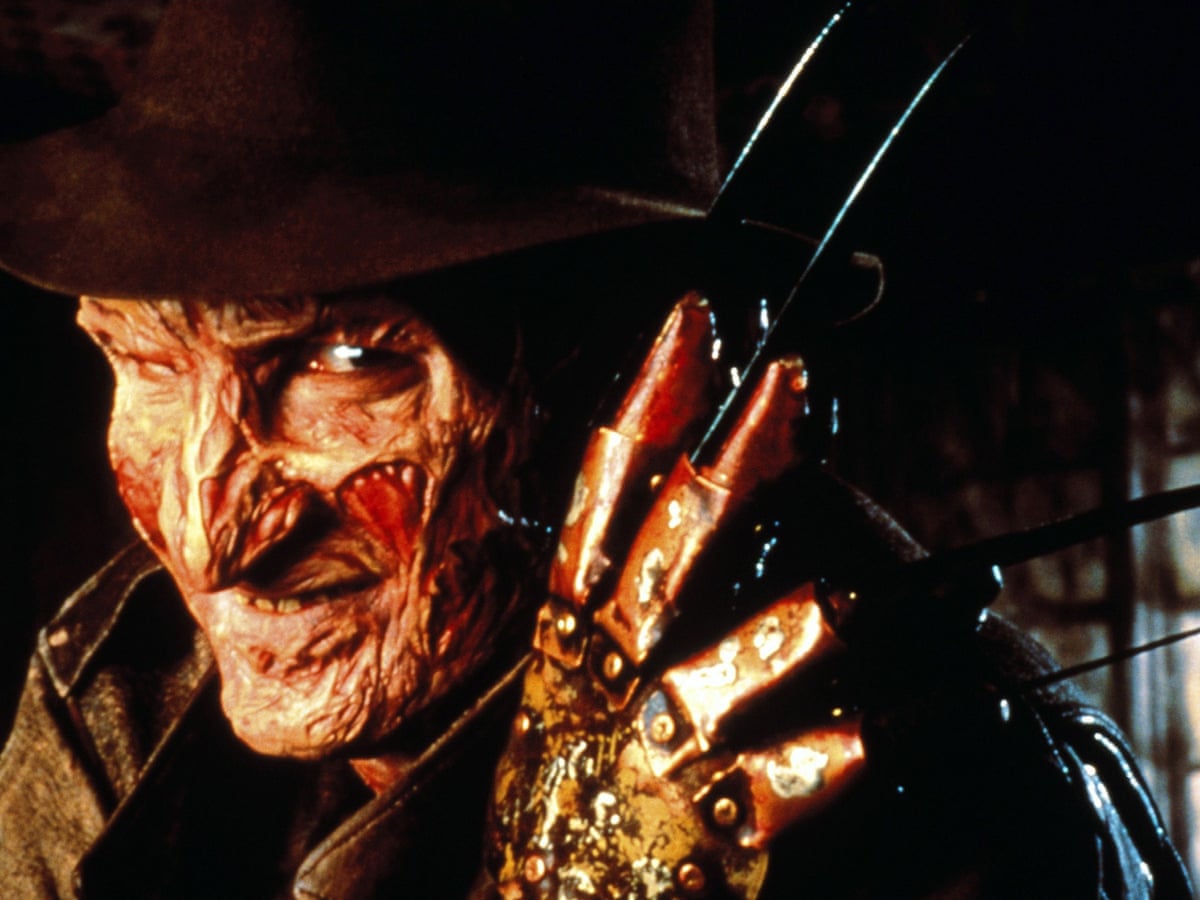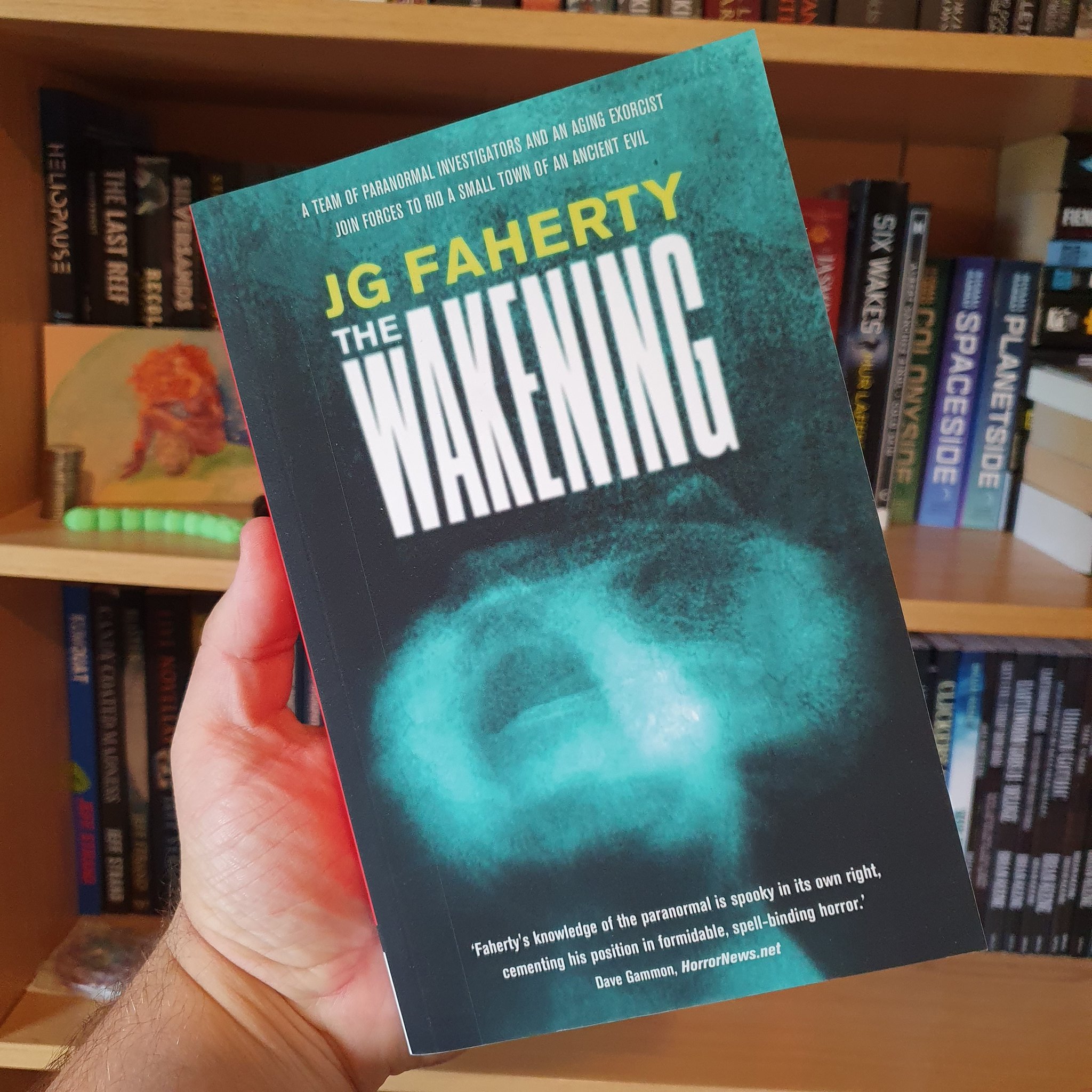HORROR'S DIMINISHING RETURNS & THE FUTURE OF FRIGHT
"It's more
instructive, perhaps, to look into the reason why the morbid has been changed
into the unintentionally mirthful. Much as we dislike to consider it, one
answer keeps cropping up: Hollywood no longer knows what horror is."
If you've been to
the movies lately, you most likely will agree with that statement. But here's
the kicker: that quote comes from an interview with Robert Bloch. In 1960.
His words ring as
true today as they did then, and I would submit that it applies not just to
movies, but all forms of entertainment. And it's a wake-up call for us writers
and "old folks" (over 30!). Our dismay with today's movies, books,
and television has as much to do with our status as an older generation as it
does Hollywood's continued descent into mediocrity. Not that said descent
hasn't happened, it's just not something we understood until we grew
experienced enough to recognize it.
In that interview, which first ran in Rogue Magazine, Bloch also says: "Just as Halloween, with its ghosts and goblins, has been transformed into a sub-teen Thanksgiving with Tricks-or-Treats replacing the turkey, so has the horror movie suffered a sea-change into something strictly for laffs, with genuine grue and imagination replaced by a vat of ketchup and a false face that wouldn't frighten a timid two-year-old. The shudder salesmen have sold out and the average horror flick nowadays evokes more gaiety than goose-pimples."

Bloch goes on to
place the blame for this on various sources: censorship, the growing horrors
detailed in the nightly news and newspapers, and a shift from the things that
cause true terror to things that merely entertain.
And in a way,
that trend continues today, although the specifics for the causes might be
different.
Bloch cites Godzilla and giant bug movies as concepts that should have been frightening but weren't, because the scale was too large. By shifting from claustrophobic horror – the Wolf-Man on the moors, Dracula in his castle, Jack the Ripper on a foggy street, the Mummy silently approaching from behind an unsuspecting victim – to something that causes thousands or millions of deaths, the personal aspect is lost on the viewer. The sheer scale of death renders the fear factor impotent. I believe that if Bloch were alive today, he'd recognize GODZILLA as perhaps the precursor to "summer blockbuster" movies, which may arouse excitement or tension but never fear. GODZILLA, TRANSFORMERS, even VAN HELSING, none of them were designed to put a chill into the viewer.

Bloch lists what
he considers the most frightening of themes: things lurking in the darkness,
the stranger among us, deformity, insanity, deadly animals, the unknown or
unexpected. He then condemns Hollywood for forgetting the meaning of fear and
either focusing too much on special effects, cheap scares, or comical
take-offs. He mentions monsters meeting Abbott & Costello and the Bowery
Boys, sequels that drain the life from their progenitors, and the mutant bug
movies of the 1950s as examples of non-horror.
I wonder what he
would think of today's movies? Films like SAW or HOSTEL, which substitute gore
for good writing and truly suspenseful situations. In 1960, Hollywood hadn't
yet delivered such "classic" films as BLOOD FEAST, TWO THOUSAND
MANIACS, BLOOD SUCKING FREAKS, I SPIT ON YOUR GRAVE, or THE HILLS HAVE EYES.
Would Bloch have added splatter-horror (or torture porn) to his list of
cinematic downfalls? What would he have thought of franchises such as NIGHTMARE
ON ELM STREET or HALLOWEEN, with their mix of comic relief and gruesome
murders?
I think he would
have rebelled against all of them, save for a few with actual chilling moments
(NIGHT OF THE LIVING DEAD, ROSEMARY'S BABY, THE SENTINEL, etc.).
And on the subject of remakes and sequels, he states: "After 30 years of repetition and burlesque, it is hardly probable that an audience can view the original FRANKENSTEIN and recapture its initial impact."
But I also believe Bloch fails to consider one important fact: as the world changes, so do the imaginations and attention spans of the movie-going audience. Take his FRANKENSTEIN example. A child today, even if he or she has never seen any of the monster's film incarnations, would not be enraptured by seeing the original. It moves too slowly for a brain that is wired differently than the brains of people growing up in the 1930s. Today's tweens, teens, and new adults crave rapid action and fast-paced editing. They've been trained to capture information in that way.

What does this
mean for horror movies – and for books, television, and comics as well? It
means that we, as the writers, the artists, the producers, must find ways to
capture true fear, the fear of the mysterious, the unknown, the unseen, in ways
that really frighten our audiences. We need to give them what they crave
without falling into the trap of relying solely on grue or sardonic comedy or
action sequences. Not that there isn't a place for them, but let's be honest.
They are not "horror."
People crave true
frights. They want to jump in their seats, be afraid to turn the lights off
when they go home, feel their hearts pounding when they hear that unfamiliar
noise, thanks to seeing a movie or reading a book. They want more than to just
walk out of the theater laughing at the creature's foolish appearance,
complaining about the predictable ending, or going on about how the maniac
managed to find so many idiots for his traps.
They want to be
scared, dammit.
And I love that it's my job to do it.
=============================================================
Stay tuned for tomorrow's creepy entry and be sure to check out everyone else on the blog hop!
As always, be sure to check out A.F. Stewart's October Frights blog page, https://afstewart.ca/october-frights-blog-hop-participants/, for the links to all the different bloggers and the latest about the blog hop and all things horror. While there, be sure to visit the Book Showcase Page (https://afstewart.ca/october-frights-book-fair/) where all the participants have made their terrifying books available for purchase (most are on sale, including my novel CARNIVAL OF FEAR, which is only 99cents for Kindle!). And don't forget about the free book giveaway page: https://storyoriginapp.com/to/oyHMogF.




Comments
Post a Comment